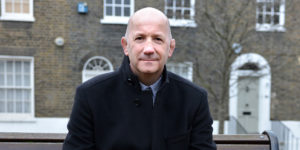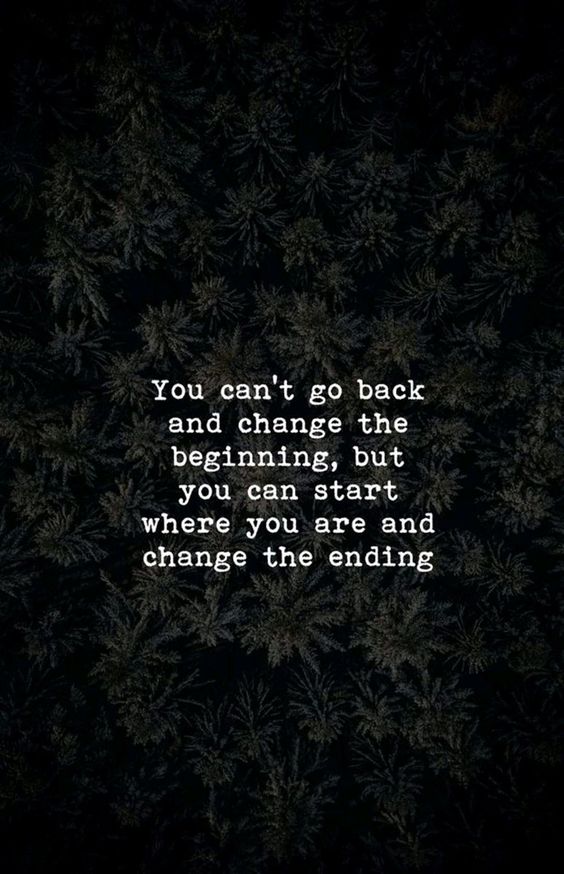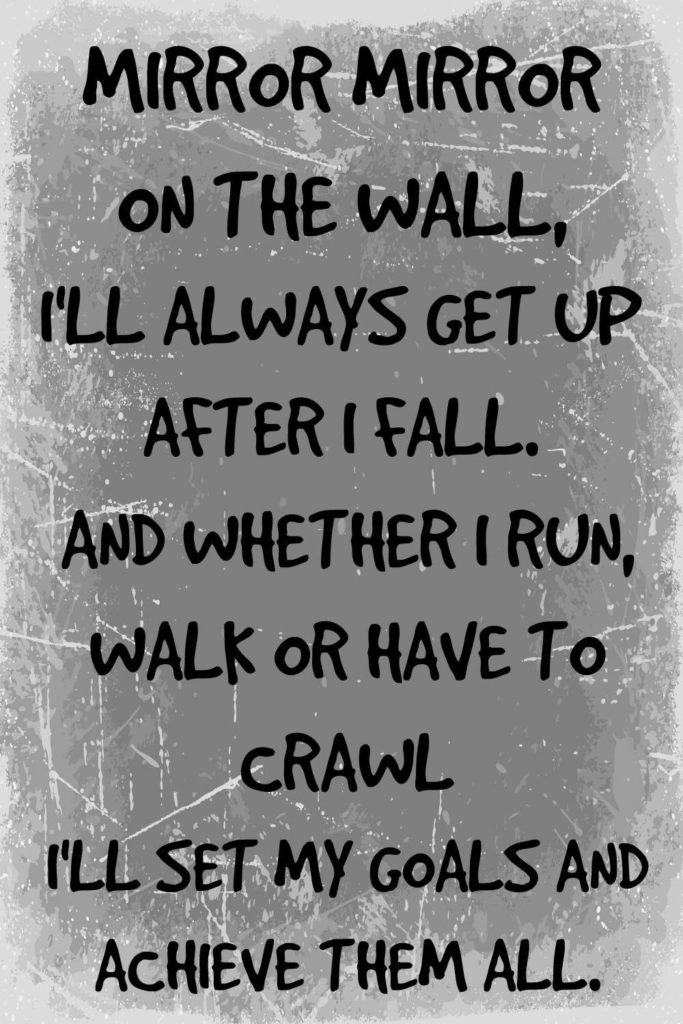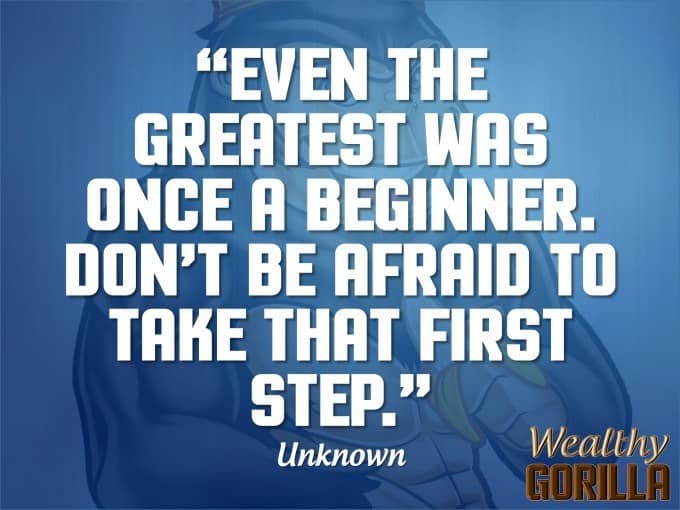OUR iNSPIRATIONAL PEOPLE
Occasionally we shine the spotlight on one of our Inspirational people. This month we introduce you to Geoff Thompson.

Geoff Thompson grew up in working-class Coventry. At the age of twelve he was abused by an adult he trusted. The incident shattered his self-esteem and led to a decade of violence.
“My lovely mum always said that I inherited her nerves. Certainly I was a sensitive kid, and felt the lash of depression from an early age. My first encounter with it was when I moved to senior school. The transition overwhelmed me and I felt threatened at every corner. In a bid to win some courage I started training in martial arts.
My martial arts instructor was a charismatic man who took me under his wing. I was in awe of him and after a short period of subtle and insidious grooming, he asked me and some of the other boys to stay over at the club to help fix the aikido mats. That night I awoke to the feeling of a hand on my bare leg. The level of the sexual abuse that followed was not extreme, I was not raped, but the level of betrayal proved to be catastrophic. Most of that night is lost to my memory but I remember waking up the next morning knowing my childhood had ended.
I have visited this place in my mind many times since but those hours still remain lost. All I remember was waking up the next day with the darkest depression squatting deep inside my breast. For a long time I didn’t tell anyone – especially not my mum. She had always warned us never to bring shame to her door, and I had made it my raison d’être never to cause her pain.
What this abuser taught me implicitly with his actions was that no one could be trusted, not even those who loved you. This, of course, had a detrimental effect on my malleable mind. An incident that puts you out by a small degree as a twelve-year-old, is enough to send you completely off the grid by the time you’re thirty. At 14, I was kissing a girl in the farmer’s field and her face contorted in to the face of a man. At 15 (and for many years after) I had uncontrollable and unwelcome fantasies about the abuse. This triggered a lot of guilt and shame in me. It was only many years later, after studying psychology, that I understood this was my mind’s way of trying to gain some sort of control over my angst by re-imagining the abuse as a pleasurable experience. As an adult I developed psychotic jealousy, imagining that every girl I dated was cheating on me.
At 28, I became a nightclub bouncer in a bid to mould myself a bit of spine. I was a man with a lot of underlying rage and I displaced my anger on anyone that stepped into my orbit. It took a decade of extreme violence before I realised that I was out of control. When I nearly killed a man in a car park match fight, I knew it was time to leave. I wrote a book about my exploits, left the doors and renounced violence.
During my violent days, I thought forgiveness was weak and meant letting people off. That changed when I started teaching forgiveness to my martial arts students. Certainly I understood forgiveness intellectually but I didn’t understand it in practice until, one day, I was sitting in a café and saw my abuser sitting on the table opposite. For a split second I was twelve again, quivering with fear.
But then I walked over to him. I introduced myself and told him what he had done to me as a child and how it had affected me. He was a big man, and he tried to stand up and protest. I put my hand out and told him to sit down. He obeyed immediately. I told him that despite what he had done I was going to forgive him. I told him twice. He looked totally broken. It was as if my forgiveness shattered him. As I went to walk away, he put his hand out. I hesitated. I wanted to be free from this man’s memory and I knew that the only way to be free was to properly forgive him. So I shook his trembling hand. When I walked away from that cafe I felt the most powerful man in the world. I had taken all my power back from him.
Years later I heard that he’d committed suicide. His past caught up with him; the police were finally on his trail after thirty years. There was no celebration from me. I felt only sadness. There could be no justifying his heinous crimes but I had a lot of compassion for him. He was a man with potential, and he wasted his life.
I came to realise that if someone abused me twenty years ago and I did not forgive them, they were still abusing me now, today, in fact they were literally holding me in stasis. Forgiveness gives you power not only over the here-and-now and over the future, it also deems you impervious to your past. It literally allows you to dismantle historical trauma.
People are understandably suspicious, even angry, when you talk about forgiveness in connection with a paedophile: did I really forgive my abuser, or did I just let him off, and in doing so indirectly condone his actions and leave the way open for further abuse? The nature of such enquiries is unkind, and the subtext is loaded with judgement and implication. This is the dangerous naivety and presumption of the observer who sees only two options in sex-related abuse: a day in court or a violent revenge. Forgiveness is not even in their lexicon; they fail to see its potency. When you have tried and been failed by the judiciary and blood-lust turns you into a monster, what are you left with?”
“Forgiveness is pragmatic. It offers a real and lasting vengeance.”
Geoff has since become a martial arts instructor, teacher and author of over 34 books. The short film Romans 12:20 tells Geoff’s story and his autobiographical play Fragile examines the cause and effect of trauma in forensic detail.
“...it is easy to decide to just not attend, but I am so glad that I did!"

Latest News
Mental Health Awareness- Neil’s story
To help raise awareness of Mental health issues and to hopefully inspire others to talk about their stories and their emotions our founder, Neil Gowing, shares his mental health story and the reasons why he founded Wonderful Life Academy.
If you have been affected by the issues raised in Neil’s video or if you want to reach out to one of us, contact us HERE .
Motivation Collection



Takeaway
Wellness Recovery Action Plan (WRAP)
What is WRAP?
Wellness Recovery Action Plan (WRAP) was created by Mary Ellen Copeland, an author, educator and mental health recovery advocate in the USA.
“WRAP is a tool that can aid an individual’s recovery and its underpinning principles support the recovery approach. WRAP is a way of monitoring wellness, times of being less well and times when experiences are uncomfortable and distressing. It also includes details of how an individual would like others to support them at these different times.”
WRAP has 5 key principles:
- Hope: people who experience mental health difficulties get well, stay well and go on to meet their life dreams and goals.
- Personal responsibility: it’s up to you, with the assistance of others, to take action and do what needs to be done to keep yourself well.
- Education: learning all you can about what you are experiencing so you can make good decisions about all aspects of you life.
- Self advocacy: effectively reaching out to others so that you can get what it is that you need, want and deserve to support your wellness and recovery.
- Support: while working toward your wellness is up to you, receiving support from others, and giving support to others, will help you feel better and enhance the quality of your life.

The Wellness Recovery Action Plan® or WRAP®, is a self-designed prevention and wellness process that anyone can use to get well, stay well and make their life the way they want it to be. It was developed in 1997 by a group of people who were searching for ways to overcome their own mental health issues and move on to fulfilling their life dreams and goals. It is now used extensively by people in all kinds of circumstances, and by health care and mental health systems all over the world to address all kinds of physical, mental health and life issues.
WRAP has been studied extensively in rigorous research projects and is listed in the National Registry of Evidence-based Programs and Practices.
WRAP Will Help You:
- Discover your own simple, safe wellness tools
- Develop a list of things to do every day to stay as well as possible
- Identify upsetting events, early warning signs and signs that things have gotten much worse and, using wellness tools, develop action plans for responding at these times
- Create a crisis plan
- Create a post-crisis plan
WRAP is for anyone, any time. It will support you in being the way you want to be and doing the things you want to do.
“When the group developed WRAP, I was so impressed that I went home and wrote one for myself. As I began to live WRAP, my life changed dramatically. Over time I felt better and better and better. WRAP is a way of life for me—a great life.”
— Mary Ellen Copeland, PhD, author of the original Wellness Recovery Action Plan
Download a WRAP template HERE
Next Issue:
- Focus on Our Group Coaches
- Latest News– 2021 Beyond LOckdown
- Takeaway– Gratitude
